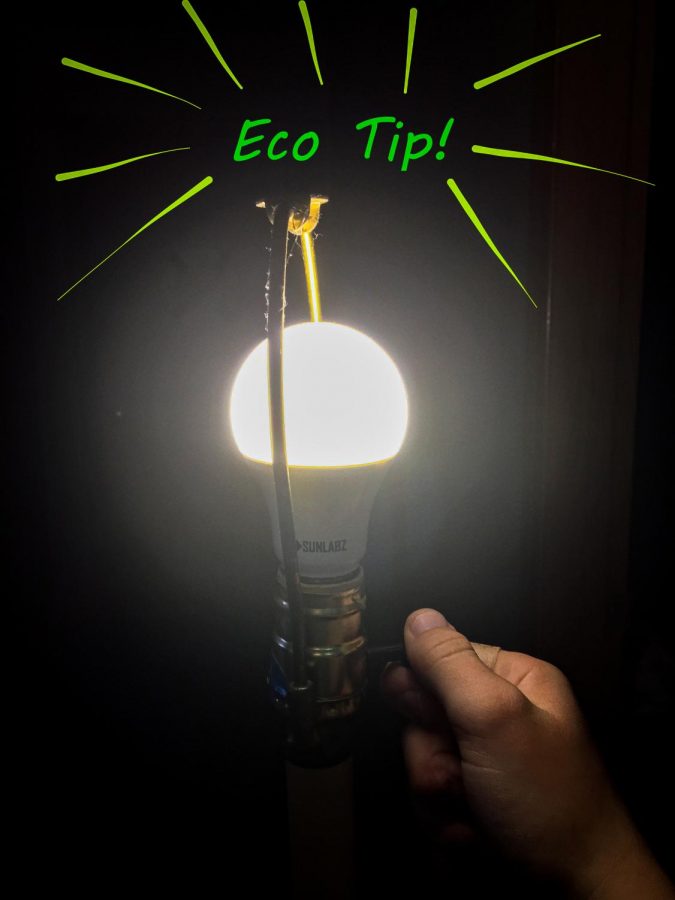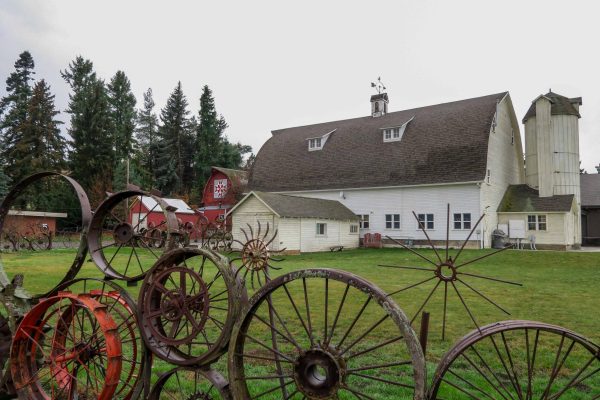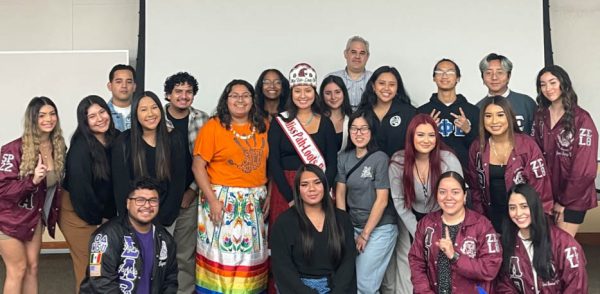Small things you can do to help the environment
Environmental Susatainability Alliance chair shares tips for environmental decisions
September 29, 2021
The environmental crisis is an impending problem that is creeping up faster than we can imagine. The future of our world rests on the shoulders of us, so what can we do to help Mother Nature?
Stephen Fawcett, Environmental Sustainability Alliance chair and sophomore microbiology major, said he has been told one person cannot change much in regards to saving the environment, but he disagrees.
“Don’t let anyone tell us what you are doing or what you’re not doing is impacting,” Fawcett said.
To start off, Fawcett promoted eco-saving tips for students living in dorm rooms. He said it might be tempting to leave the lights on or use lots of water due to the fact students are not paying a utility bill but students should be aware of how many resources they are using.
One way to reduce your electricity usage is to switch off electronics when you are not making use of them and to turn off the lights when you don’t need them, Fawcett said.
He also recommended not taking lengthy showers. If you want to go the extra mile, Fawcett endorsed trying different food options that are better for the environment.
This let’s WSU know that certain students are interested in that food option, that can persuade them to buy more locally or more sustainably as well, Fawcett said.
For apartment students, Fawcett not only recommended the same tips for turning off the lights and reducing water, but also encouraged being aware of your carbon footprint when buying groceries or driving to different spots.
Buy sustainably, buy locally when you can, Fawcett said.
He recommends looking at the label when buying food and seeing what methods of production they are using. You can also buy less meat, which will reduce your greenhouse output. Another tip is to use delivery methods for groceries because this limits your trips to the store.
“If you can order groceries, do it, because that reduces carbon emissions,” Fawcett said.
Delivery people will drop off groceries to different customers on the same trip, he said. In regards to transportation, he also recommended taking Cougs bikes or walking for alternative methods.
If you want to get involved in your community, Fawcett suggested joining ESA or checking out the Center for Civic Engagement for volunteer opportunities. The Environmental Sustainability Alliance is a student organization that works to benefit the environment and students. They promote changes, such as switching to solar panels, greenhouses, and composting.
They also aim to improve recycling on campus. They meet bi-weekly in the CUB, room 206, on Tuesday at 6 p.m. You can also get involved in local politics or make calls to your local senator to help encourage positive environmental changes.
“Get into habits that benefit the environment, try out some new things,” Fawcett said.
Fawcett put forward the reminder that big companies, such as Shell, have large carbon footprints. Although this might seem like an overwhelming thought, he said that one person can promote the change necessary for a better life.
“One little human can topple the largest oil company in the world, don’t forget that,” Fawcett said.
Now why is this important? It’s because not only are we changing the world for ourselves, but for our future generations.
“The idea behind all of this is that we want to have the same resources and opportunities for happiness now as the people after us,” Fawcett said.
Not only do we want to reduce the pace that climate change is occurring, but we want to better the world around us. You can make small changes in your day to help the environment around you. Keep in mind these tips and try to implement them throughout your day to encourage a healthier, greener world.

















